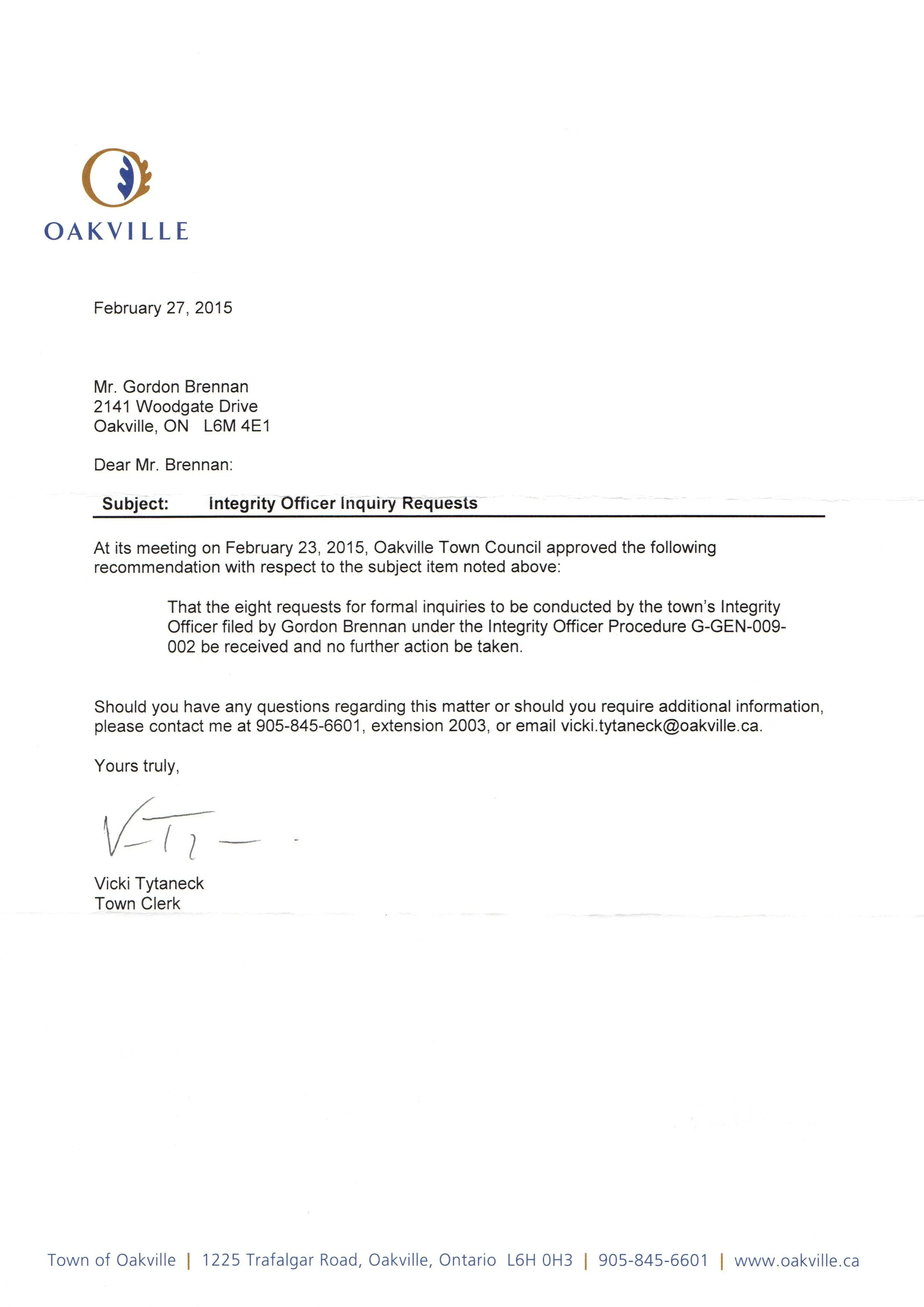Why Include Salary Requirements in Cover Letter
Including your salary requirements in a cover letter is a strategic decision that can benefit both you and the potential employer. By stating your expectations upfront, you help the hiring manager quickly assess whether your salary needs align with the company’s budget for the role. This can save both parties time and effort by eliminating mismatches early in the application process. It shows that you’ve considered the role’s value and your own worth. Furthermore, including salary expectations demonstrates your understanding of the job market. It shows you have a clear idea of what you’re worth, which can be a sign of confidence and professionalism, making you a more attractive candidate. Including this information can sometimes expedite the hiring process, allowing you to focus on roles that fit your financial needs.
When to Mention Salary Requirements in Cover Letter
The timing of including your salary requirements in a cover letter depends largely on the job posting and the industry. Some job postings explicitly request your salary expectations. In such cases, it’s best to include this information directly in your cover letter. If the job posting is silent on the matter, you still have options. Many career experts suggest that it’s acceptable to include your salary expectations towards the end of your cover letter, as part of the closing statement. This is especially important when applying for jobs in industries where salary transparency is common or when the company’s size and structure indicates they may have strict salary ranges. On the other hand, some professionals prefer to wait and bring up salary during the interview stage. This can give you a chance to learn more about the role and the company culture before discussing compensation. If you are unsure, research the company’s policies or industry norms before deciding.
Best Practices for Stating Salary Requirements
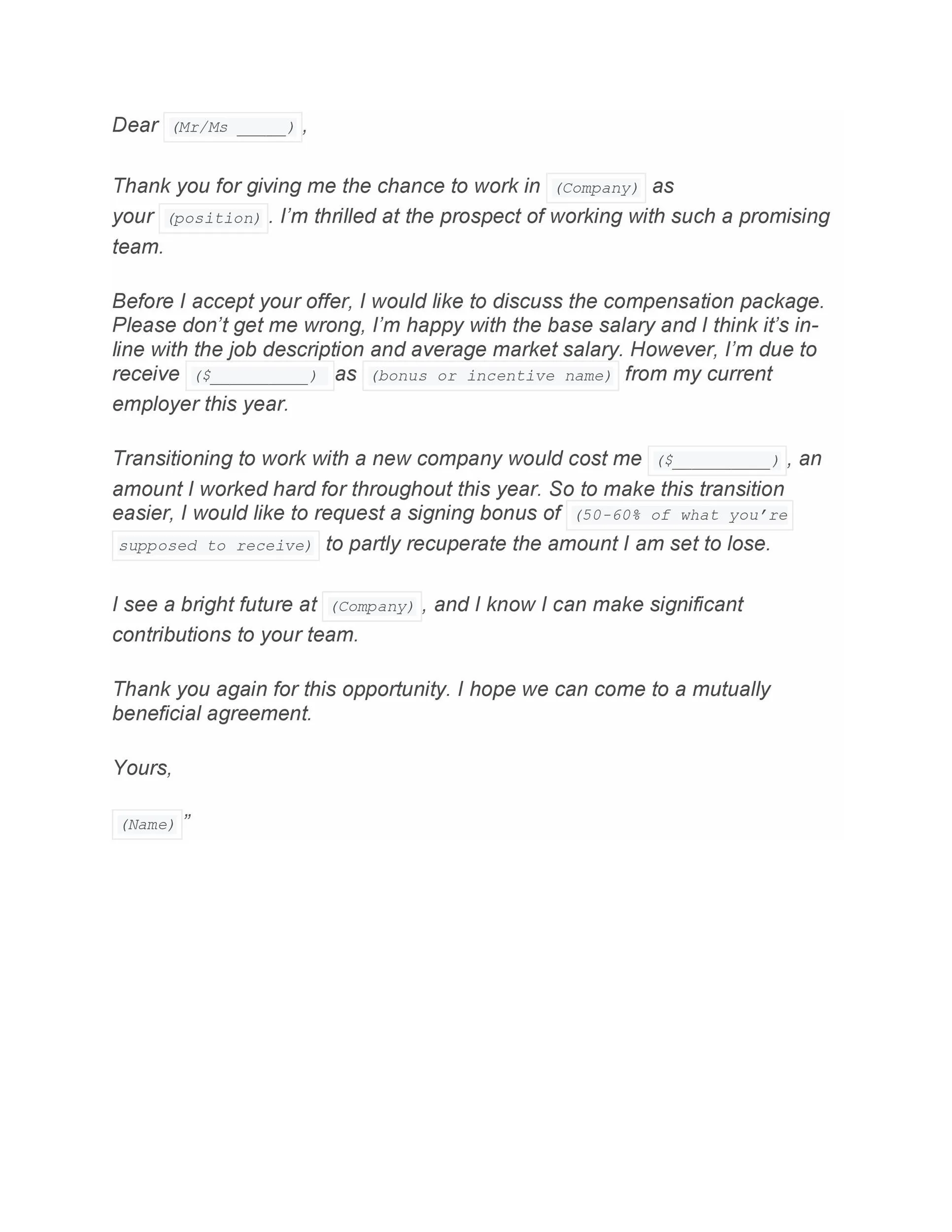
When stating your salary requirements, aim for clarity and professionalism. Avoid vague statements or overly specific numbers that could limit your negotiating power. Consider providing a salary range instead of a single figure. This shows flexibility while still giving the employer an idea of your expectations. The range should be realistic, reflecting your research on industry standards and your assessment of your skills and experience. Always express your salary expectations in a positive and confident manner. Avoid phrases that sound demanding or apologetic. Frame your expectations as a reflection of your value and understanding of the role. Remember, the goal is to get an interview, so keep your requirements reasonable. Be prepared to justify your range or figure based on your qualifications and the job’s responsibilities. Also, keep in mind the geographic location of the job, as salaries vary by location. Finally, review your expectations against your current salary and benefits to ensure the new role offers a compelling package.
Researching Salary Ranges
Thorough research is essential to determine the appropriate salary range. Utilize online resources such as Glassdoor, Salary.com, and Payscale to get an idea of the typical salaries for similar roles in your location. Check the Bureau of Labor Statistics (BLS) website for government-backed salary data. Also, look at industry-specific surveys and reports to understand salary trends in your field. When researching, consider factors such as your years of experience, education, certifications, and the specific responsibilities of the job. Company size and the company’s industry also influence salary. Large, well-established companies often pay more than smaller startups. Take the time to compare multiple sources. Look for a consensus on the salary range. Use your findings to establish a reasonable salary range that reflects your worth and the job market conditions. Understanding the market will help you negotiate with confidence and make sure your expectations align with the employer’s budget. Make sure that you update your research regularly, as salaries change over time.
Using Specific Salary or Range
Deciding whether to provide a specific salary figure or a salary range is a crucial decision when writing your cover letter. A salary range offers more flexibility and room for negotiation. It allows the employer to consider your application even if their initial budget is slightly different from your expectations. For example, you could state, “I am seeking a salary in the range of $X to $Y, commensurate with experience.” If you choose to specify a single salary number, make sure it aligns with your research. Also, it must accurately reflect your experience and the job’s responsibilities. You might say, “My salary expectation for this position is $Z.” Be prepared to justify this figure during the interview. Carefully consider which approach aligns with your comfort level and the context of the job application. If the job posting explicitly asks for a specific number, provide one. If not, a range usually provides more leeway.
Handling ‘Negotiable’ or ‘Open’ Phrases
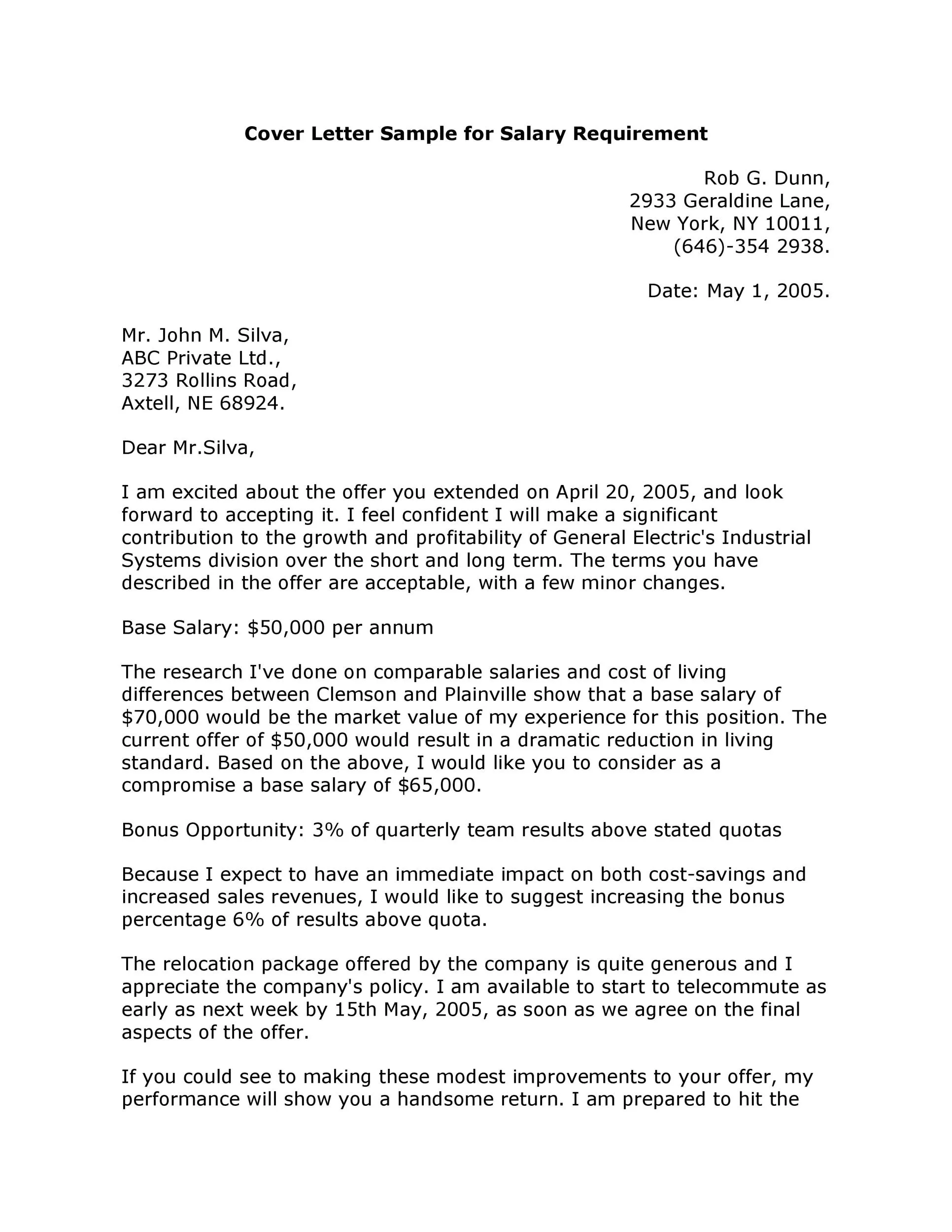
When the job posting uses phrases like ’negotiable’ or ‘open to discussion,’ it’s essential to approach your cover letter carefully. These phrases indicate the employer is willing to discuss salary. The best approach is to provide a salary range or state that your expectations are “competitive and commensurate with experience.” You might write, “I am seeking a salary that is competitive within the industry, and I am open to discussing compensation based on the specifics of the role and my qualifications.” This approach shows flexibility and willingness to negotiate while also conveying your understanding of fair market value. Avoid providing an extremely broad range, as it may make you appear unsure of your worth. Also, be prepared to discuss your salary expectations in more detail during the interview. Prepare a justification for your expected salary. This should highlight your skills, experience, and the value you bring to the company. If you are unsure about the salary, always ask for more information about the role before providing a specific figure.
Formatting Salary Information
The format you use to present your salary expectations should be clear, concise, and professional. Use standard currency formats. If the job is in the United States, use USD. If the job is in Europe, use EUR. If you are providing a salary range, format it clearly. For example, write “$X to $Y annually.” If you’re comfortable including hourly rates, you can do so, but be aware this may be less common for professional positions. Avoid using ambiguous language or abbreviations that the hiring manager might misunderstand. Make sure your numbers are easy to read and understand. Ensure that the font and style of your cover letter are consistent throughout the document. Maintain the same font size and style for all your content, including the salary information. Proofread your cover letter carefully to avoid any errors in the formatting of your salary details. Errors can undermine your credibility and signal a lack of attention to detail. Always double-check your numbers.
Where to Place Salary Requirements
The most common location for including salary requirements is near the end of your cover letter, typically within the closing paragraph. This allows you to first highlight your skills and express your interest in the position. Then you can transition to the salary expectation. This strategic placement ensures that the hiring manager knows about your qualifications. It also helps assess whether your financial expectations align with their budget. If the job posting explicitly asks for salary information, include it in the section where it’s requested. Some job seekers include the salary requirement in their opening paragraph, though this is less common. This can be effective if you want to make your salary expectation clear from the outset. However, it could also lead to your cover letter being immediately rejected if your expectations are too high. Consider your target job and the norms of the industry. Tailor your approach to the situation.
Cover Letter Body

The body of your cover letter should briefly summarize your relevant skills and experiences. Match them to the job’s requirements. Highlight your accomplishments using quantifiable results. This allows you to demonstrate your value to the potential employer. Tailor your cover letter to each job you apply for. Show you understand the company’s mission, culture, and goals. Before including your salary expectations, express your strong interest in the role. Mention how your skills align with the job. Briefly state your excitement about the opportunity. Focus on why you are a good fit. Then transition to your salary expectations as part of your closing statement. This strategy positions your salary requirements in the context of your overall qualifications. It shows you’re confident in your abilities and in your value. Always proofread your cover letter. Make sure there are no errors in your writing or formatting.
Cover Letter Closing
Your cover letter’s closing paragraph is the perfect place to include your salary requirements. In the closing, you should reiterate your interest in the position. You can also thank the hiring manager for their time and consideration. State your salary expectations or range. You can combine these elements to create a professional and impactful closing. For example, you could write, “Thank you for considering my application. I am seeking a salary in the range of $X to $Y, commensurate with my experience and the responsibilities of the role. I am eager to discuss how my skills can benefit your company.” Ensure your closing maintains a positive and confident tone. It should reflect your genuine interest in the opportunity. Avoid any language that could seem demanding or dismissive. End your cover letter with a call to action. This can be a statement like, “I look forward to hearing from you soon” or “I am available for an interview at your earliest convenience.”
Avoiding Common Mistakes
Several common mistakes can undermine your cover letter when it comes to salary expectations. One mistake is not researching the market. This can lead to unrealistic expectations or an underestimation of your worth. Avoid making demands or being inflexible. Being too vague or overly specific can also backfire. In the first case, the hiring manager may not understand your expectations. In the second case, the hiring manager may eliminate your application if the salary does not match the budget. Avoid providing an extremely broad salary range. It may make you appear unsure or lacking in confidence. Always be prepared to discuss your salary expectations in more detail during the interview. Also, do not simply copy and paste a generic salary statement into every cover letter. Tailor your approach to each job and company. It’s also crucial to avoid including salary requirements if the job posting specifically instructs you not to do so. Finally, make sure your cover letter is free of errors. Always proofread your work.
Being Too Specific or Vague
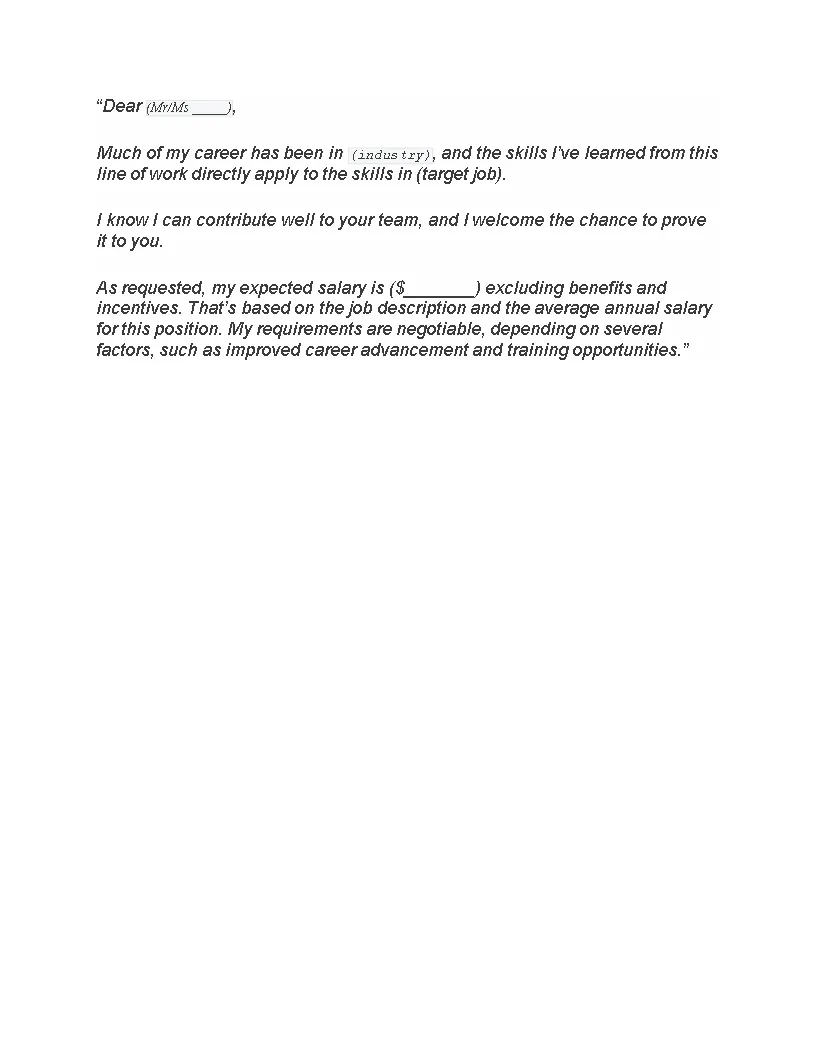
Being overly specific or vague with your salary expectations can be detrimental. Providing a very specific salary number, such as $75,000, may seem confident. However, it can be problematic. If the company’s budget is slightly lower, the hiring manager may immediately reject your application. Being too vague is equally problematic. Statements such as “competitive salary” or “market rate” do not give the hiring manager enough information. It also may not be useful to the employer. A better strategy is to provide a well-researched salary range. This gives the employer more flexibility and still provides enough information for them to assess your expectations. If the job posting asks for a specific number, provide a well-researched figure. If not, use a range. Research the company’s industry and location. Tailor your approach accordingly.
Omitting Salary Details
Omitting salary details can be a risky strategy. Some hiring managers may not proceed with your application. If salary expectations are a critical criterion in the selection process, they may not have time to contact you to clarify. Some companies have strict policies that require candidates to state their salary expectations upfront. In the absence of salary requirements, the hiring manager might assume your expectations are too high. Conversely, they might believe you’re not serious about the position. In some cases, the company may avoid asking about salary during the interview process, to avoid potentially illegal discrimination. Be sure to read the job posting carefully and follow instructions. If the job posting requests salary information, always include it. If it is not requested, then consider your industry, role, and personal preferences when deciding whether to include the information.
Adapting to Different Situations
The best approach to including salary requirements in your cover letter varies depending on your situation. Consider the industry, the job level, and the company culture. For entry-level positions, you may have less negotiating power due to less experience. It is wise to include a salary range that reflects industry standards for entry-level roles. For experienced professionals, a more detailed explanation of salary expectations is typically warranted. The best approach is to provide a salary range. You might also provide a more detailed justification for your expectations, such as referencing your track record. Always adjust your approach to fit the specifics of the job and company. Tailor your cover letter to each opportunity. Show that you understand the role, the company, and the industry. Always research the company before applying. Also, consider the geographic location of the job. Salary expectations differ by location.
Entry-Level Positions
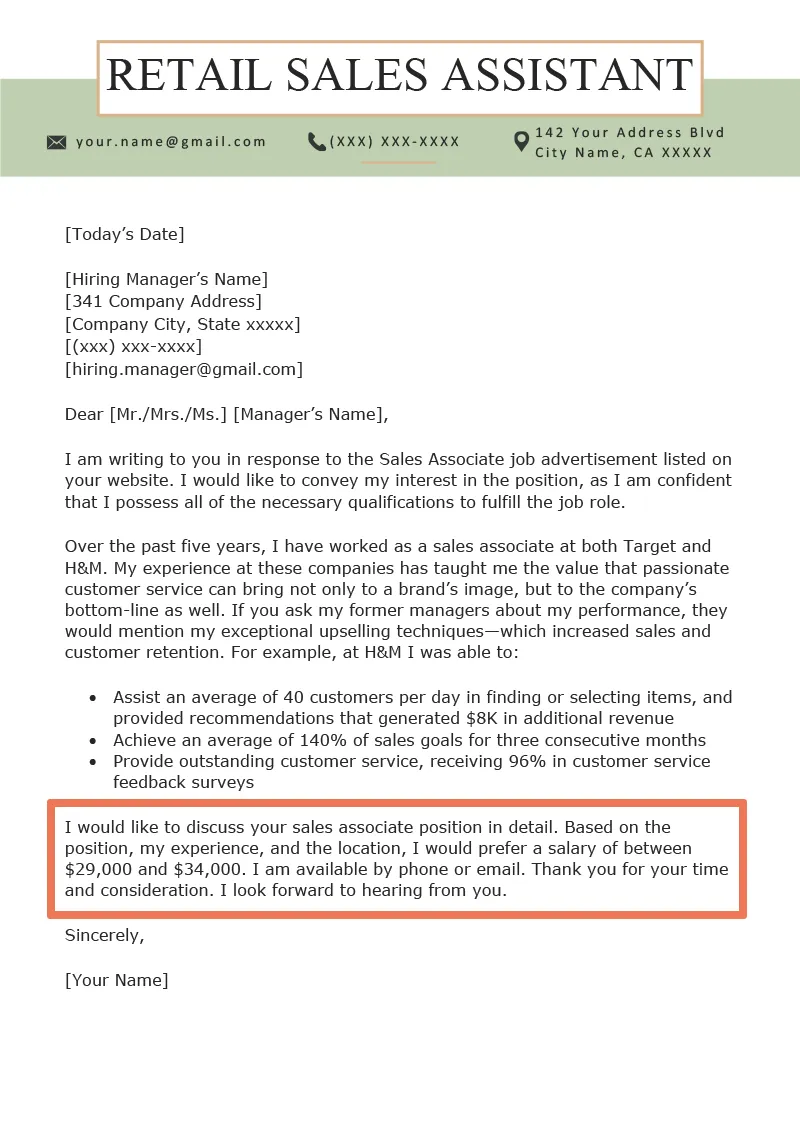
For entry-level positions, your negotiating power may be limited because of a lack of experience. It’s usually a good idea to provide a salary range in your cover letter. It must be aligned with the entry-level salary ranges. You can find that information through sites like Glassdoor, Salary.com, and Payscale. Be realistic and demonstrate your eagerness to learn and contribute. Also, you can include information about your education and any relevant internships or projects. You may state, “I am seeking an entry-level position in the range of $X to $Y, depending on the specific responsibilities and opportunities for professional development.” If the job posting is silent on the matter, it is perfectly acceptable to include salary expectations in your cover letter’s closing paragraph. You must always research entry-level salaries in your field and location. Tailor your cover letter to each job opportunity. Always show you have the right skills and enthusiasm for the role.
Experienced Professionals
Experienced professionals have more negotiating power than entry-level candidates. You can use this to your advantage by providing a detailed statement of your salary expectations. You can provide a salary range, but you can also offer justification for your expectations based on your expertise. For example, you can write, “Based on my 10 years of experience in project management and my track record of delivering projects on time and under budget, I am seeking a salary in the range of $X to $Y.” If the job posting asks for salary information, be sure to provide it. If it doesn’t ask for salary information, it may still be wise to state your expectations. You must research market rates. Your research should consider your years of experience and your accomplishments. You should also consider your qualifications, skills, and the requirements of the job. You can also include information about your benefits requirements. The hiring manager will likely discuss salary and benefits during the interview process.
Following Up and Next Steps
After submitting your cover letter, a timely follow-up is crucial. It demonstrates your continued interest and commitment. Send a thank-you note after the interview. Use it to reiterate your interest and to restate your salary expectations. If you haven’t heard back from the employer within the specified timeframe, a polite follow-up email is in order. The follow-up should be brief and professional. Briefly reiterate your interest and ask for an update on the hiring process. You might say, “I am writing to follow up on my application. I am eager to learn more about the position and would appreciate an update on the hiring timeline.” Be prepared to negotiate your salary during the interview process. Always justify your expectations based on your experience, skills, and the value you bring to the company. Always be professional and positive. Be ready to compromise to secure the best possible outcome.
